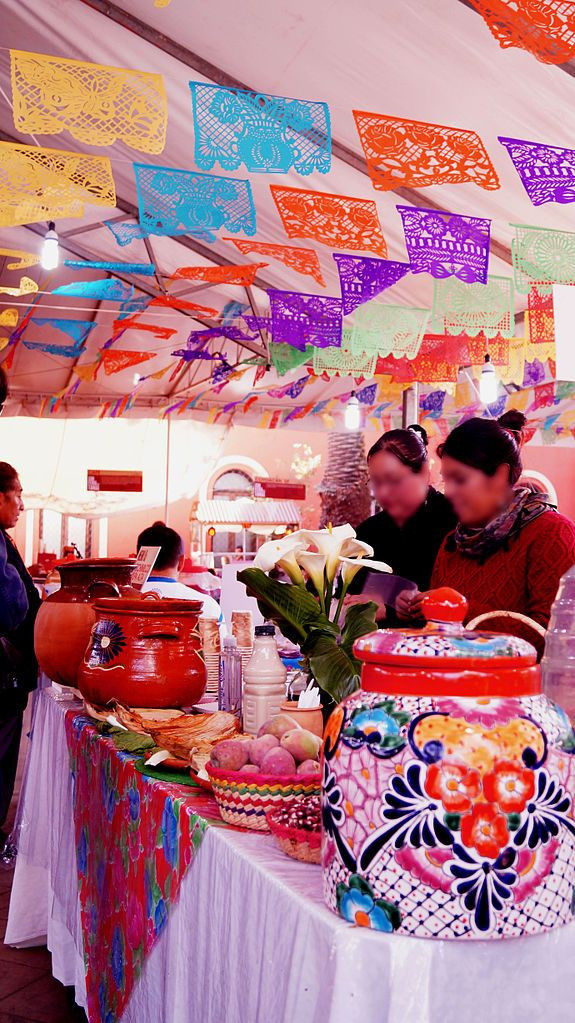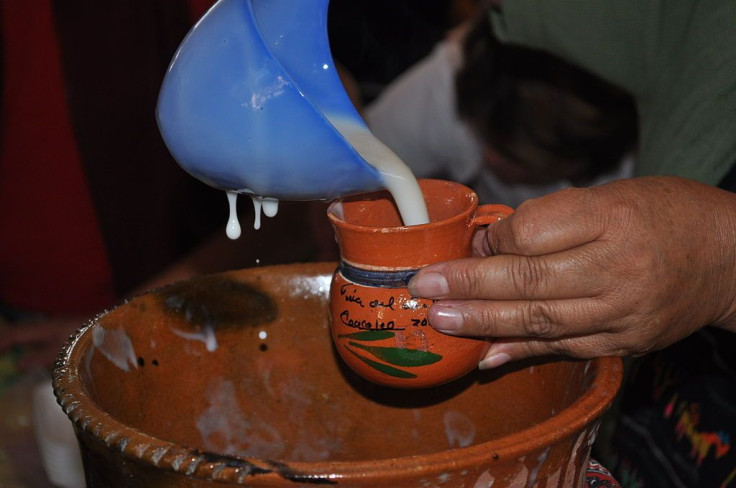
With the Christmas festivities now over, it is time for Mexicans to prepare for the next big thing: the Dia de la Candelaria. This religious holiday, also known as Candlemas, is celebrated in the Catholic parts of Mexico and is one of the most significant aspects of Mexican culture.
In Mexico, Dia de la Candelaria is the day Mexicans take down the Nativity scene which they put up before Christmas so they can make way for the Candlemas celebrations. They celebrate this religious holiday forty days after Christmas, which falls on February 2nd of every year.
Dressing up Baby Jesus
Mexicans have different ways of celebrating Dia de la Candelaria. Aside from taking down the Nativity scene on this day, they also dress up figures of the Baby Jesus and have them blessed at the church. They then place these blessed figurines somewhere in their homes to dwell there for the rest of the year.
Tamales
Just like Christmas, Dia de la Candelaria also marks the gathering together of family and friends for a feast. Traditionally, families prepare and serve “tamals” or “tamales” during this feast. Another popular staple during this season is the “rosca,” a wreath-shaped special brad that contains a baked figure of Baby Jesus inside of it. The person who finds the figure of Baby Jesus inside the bread is usually the one who dresses up the blessed figurine of Baby Jesus.
Atole

It has also been a tradition for Mexicans to drink “atole” during the Dia de la Candelaria feast. This beverage is corn-based and is served hot to represent the comfort and warmth that Dia de la Candelaria brings to Mexican families.
Bullfights
While Dia de la Candelaria is a religious holiday, some places in Mexico celebrate this day in a festive way. Particularly in Tlacotalpan, in the state of Veracruz, Candlemas is considered a major fiesta highlighted by bullfights and parades.
Making new commitments
Since Dia de la Candelaria is a time of new beginnings, it is the day when Mexicans ritually celebrate all things new. During Candlemas, Mexicans gather with their families and make new pledges and commitments about the work they intend to do for the rest of the year.
© 2025 Latin Times. All rights reserved. Do not reproduce without permission.




